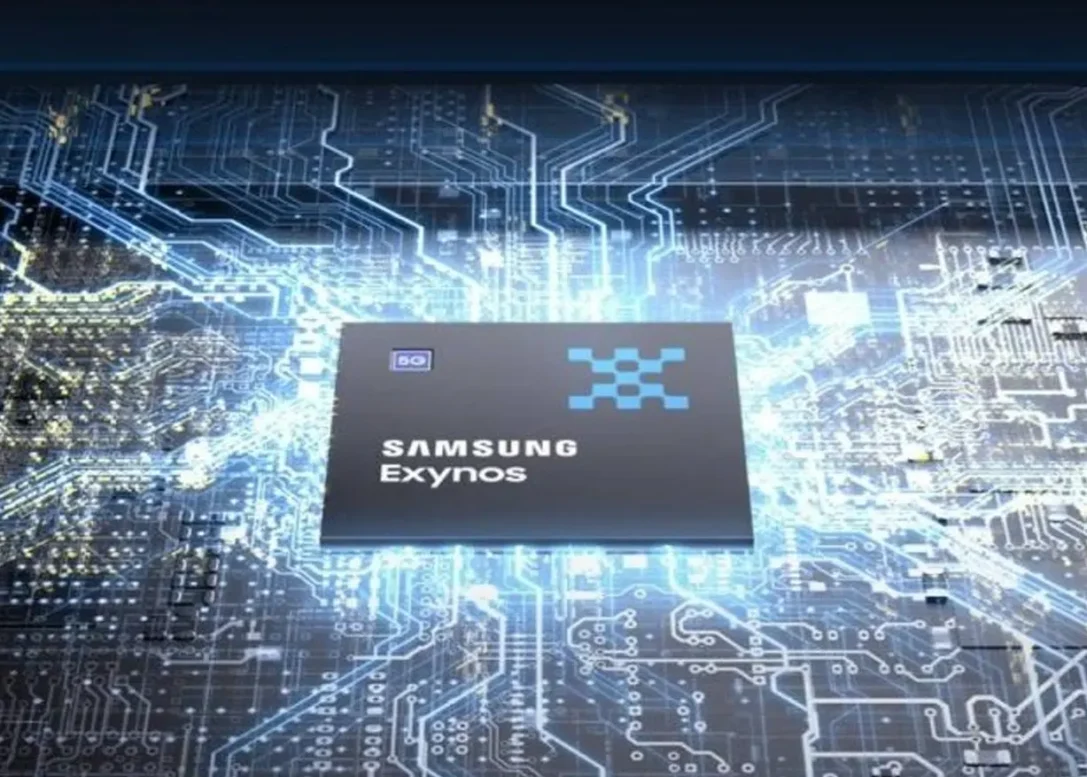- Samsung confirms Exynos 2600 as world’s first mobile processor based on 2nm technology
- S26 Ultra prototype spotted with Exynos 2600 chipset, hinting at possible flagship testing
- LSI team focuses on boosting performance and efficiency, but mobile division remains undecided

Samsung is once again making headlines with its semiconductor division pushing boundaries in mobile processing. The company has officially confirmed the Exynos 2600, which will be the world’s first 2nm-based mobile chipset. This marks a significant shift in the mobile processor landscape and hints at a bold comeback for Exynos in the premium smartphone segment.
While the announcement comes from Samsung’s LSI division, there’s still a bit of mystery surrounding whether this new chipset will make it into Samsung’s future flagship phones. The mobile division hasn’t given a firm nod yet, but the sighting of the Exynos 2600 inside a test unit of the Galaxy S26 Ultra has stirred excitement across the tech world.
Exynos 2600
The Exynos 2600 is expected to be a turning point for Samsung’s in-house chip manufacturing, especially after facing performance criticism in the past. As a 2nm chip, it is designed to deliver improved power efficiency and superior processing capabilities, rivaling or even surpassing its competitors like Snapdragon.
Samsung Exynos 2600: What’s New?
The upcoming Samsung Exynos 2600 is not just about a smaller process size. Built on Samsung Foundry’s second-generation 2nm node, this chip could set new standards for AI processing and overall mobile performance. It’s also expected to feature a next-gen GPU and an upgraded NPU (Neural Processing Unit), which will be crucial for AI-powered tasks and camera functions in modern smartphones.
Even though the mobile division hasn’t confirmed whether the Exynos 2600 will power the Galaxy S26 Ultra or other 2026 flagship devices, its presence in test prototypes hints that Samsung is seriously considering it. If included, this will mark the first time an Ultra model is powered by Exynos since the Galaxy S22 Ultra.
Why It Matters
Samsung’s in-house chip journey has seen highs and lows. Many users still remember the thermal and battery-related issues in previous Exynos variants. However, the move to a 2nm process could help restore confidence among users and tech enthusiasts.
If the Exynos 2600 proves to be competitive, it might signal a return to dual-chip strategies across regions, or perhaps even a single global Exynos model, if Samsung’s confidence in the new chip holds strong.
Key Expectations with Samsung Exynos 2600
- Enhanced performance for multitasking, gaming, and AI operations
- Better power efficiency due to the 2nm fabrication process
- Possible integration with Samsung’s next-gen camera and display tech
- Improved thermal management and battery optimization
- New GPU and NPU for AI, photography, and real-time enhancements
What We Know So Far
- Exynos 2600 is under testing inside early versions of the Galaxy S26 Ultra
- Mobile division hasn’t confirmed its use in actual retail units
- LSI is focused on boosting internal competition and winning back consumer trust
- Samsung could become the first to bring 2nm chips to commercial smartphones
Looking Forward
If Samsung successfully launches the Exynos 2600 with flagship-level performance, it could reshape the future of smartphone chipsets. Qualcomm, MediaTek, and even Apple might have to respond to this innovation. The next few months will be crucial as more testing and official announcements unfold.
The introduction of the Exynos 2600 is a bold step for Samsung, especially if it makes its way into the Galaxy S26 Ultra. With the promise of 2nm efficiency and performance gains, Exynos might just be ready to reclaim its place among the top-tier chipsets in the smartphone industry.













